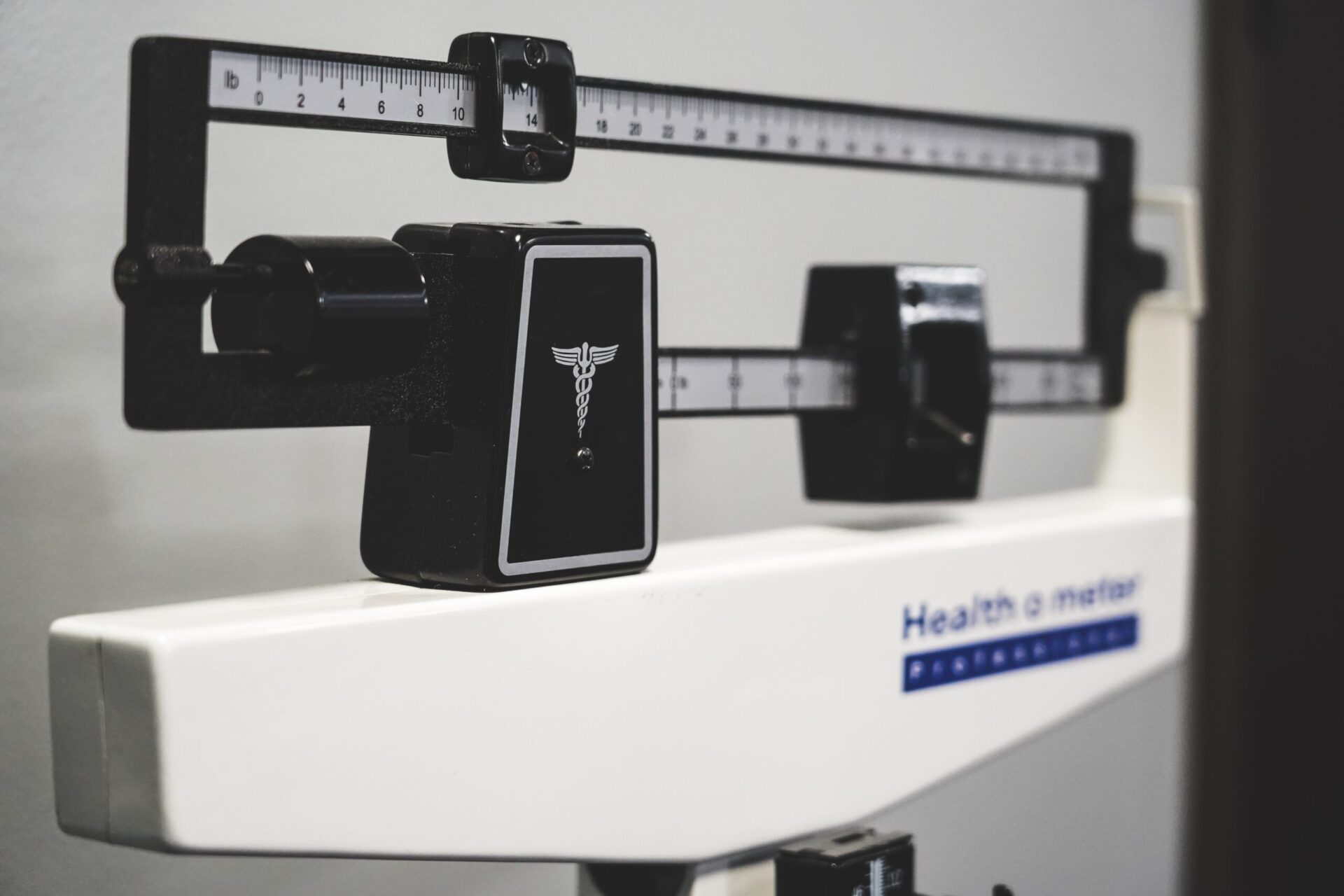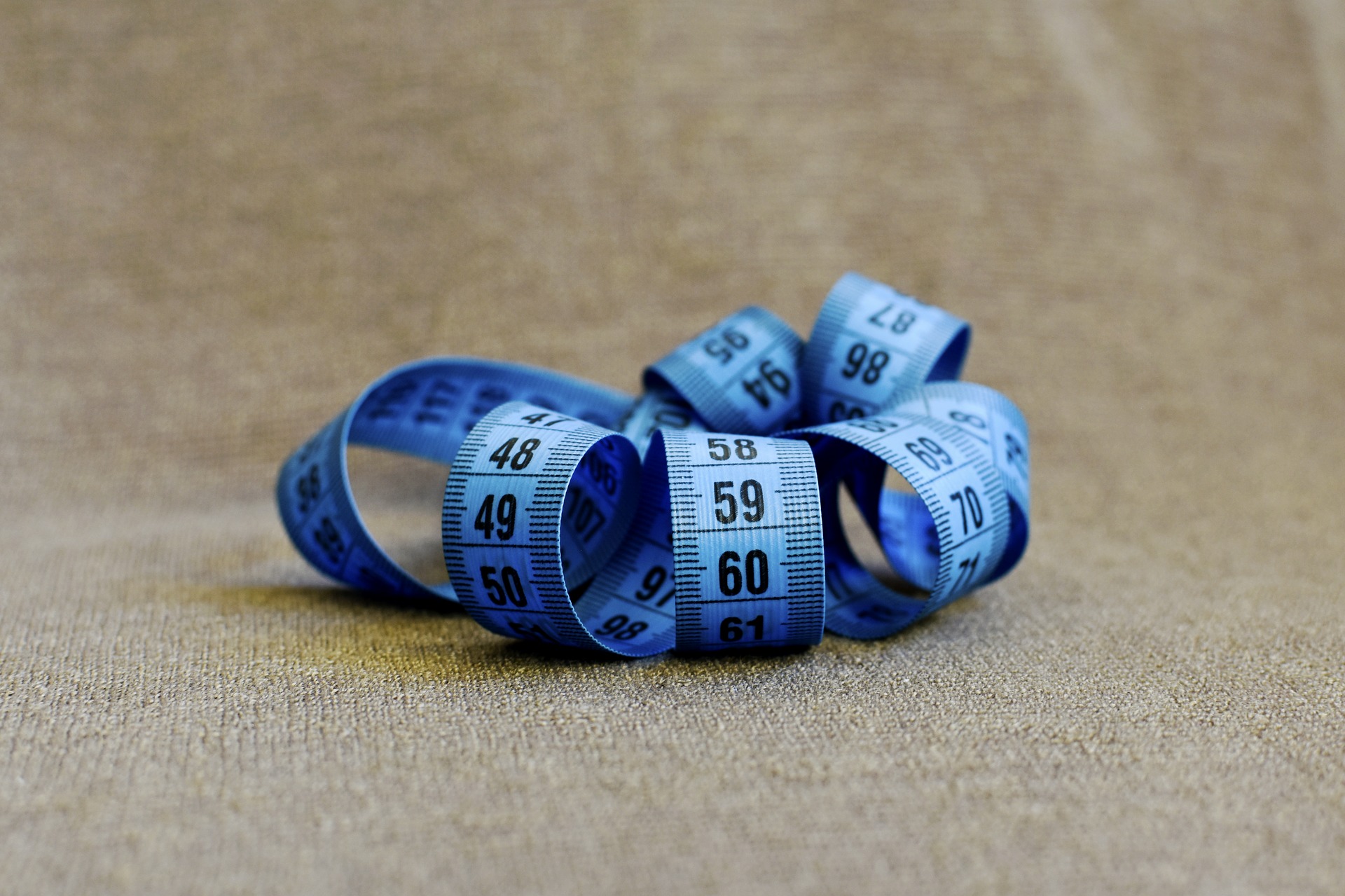When surgeons talk about the expected weight loss outcomes of bariatric surgery, they talk about the expected percentage of loss of a person’s Excess Body Weight.
For instance, they will say that a typical Gastric Bypass patient can expect to lose 70% of their excess body weight after about 12-18 months.
That’s not 70% of their current weight, but 70% of their excess weight. But how does anyone calculate what their excess body weight is?
Well, I found out that it starts out with calculating my Ideal Body Weight.
Ideal Body Weight
The ideal body weight is meant to represent, as the name suggests, the ideal body weight a person should be for their height and gender.
Unfortunately there is not just one formula used for calculating ideal body weight. There are, in fact, at least five of them! And they all give a slightly different answer about what an ideal body weight should be.
I used this ideal body weight calculator to try and find my ideal weight, based on my height of 188 cm and my gender as male, and got the following results:
- Peterson formula (2016) – 77.7 kg
- Miller formula (1983) – 76.0 kg
- Robinson formula (1983) – 78.6 kg
- Devine formula (1974) – 82.2 kg
- Hamwi formula (1964) – 85.8 kg
That’s a range from 76.6 to 85.8 kg – almost a 10 kg difference! So what is the correct value for ideal body weight?
Well to confuse things further, some people prefer to use BMI to calculate the ideal body weight.
BMI
BMI, or Body Mass Index, has a target range of between 18.5 and 24.9 defined for a normal weight. It’s calculated as weight divided by height squared – but you can use a BMI Calculator to do the maths.
For me the normal BMI weight range would put me between 65.4 and 88.4 kg – which I suppose more-or-less corresponds with the different ideal body weight calculations above.
Excess Body Weight
To calculate my excess body weight, I need to subtract my actual body weight from my ideal body weight. However, so far there seems to be no single value for ideal body weight I can use. All the different formulas give different results, so which value should I use?
Well I’ve decided to go with the most recent Peterson formula, as it seems to reflect the most recent thinking on ideal body weight, and for my purposes is based upon a target BMI of 22 that’s pretty-much in the middle of the normal BMI range.
The calculation for my Excess Body Weight is:
Weight on Day of Surgery (163.7) – Ideal Body Weight (77.7) = Excess Body Weight (86.0)
Expected Weight Loss
Estimates vary between surgeons, and experiences vary between patients, but the perceived wisdom is that:
- Gastric Bypass patients can expect to lose 70% of their excess body weight
- Gastric Sleeve patients can expect to lose 60% of their excess body weight
And so, based on an Ideal Body Weight of 77.7 kg, and an Excess Body Weight of 86.0 kg, and an expected weight loss of 70% from my bypass, that would set me expected weight 18 months after surgery to be 103.5 kg.
A expected weight of 103.5 kg would give me a BMI of around 29, which is still in the overweight range, but at least it’s not in the obese range any more!
So, for now, I guess my goal is to get down to 103.5 kg (or 16 st 4 lbs / 228 lbs)




4 Comments